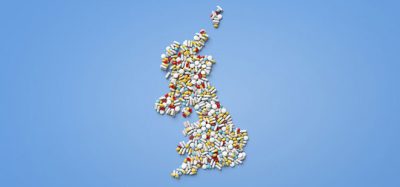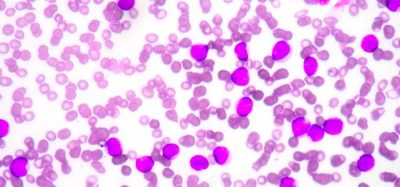Kisqali increases overall survival in advanced breast cancer patients by 12 months
Kisqali plus letrozole achieved a median overall survival (OS) of over five years (63.9 months), with OS benefit increasing over time, according to newly published data.
Newly published data reveals that Novartis‘ Kisqali (ribociclib) plus letrozole demonstrated a statistically significant improvement in overall survival in hormone-receptor positive, human epidermal growth factor receptor-2 negative (HR+/HER2-) advanced breast cancer in the Phase III Monaleesa-2 trial .
The data, published in The New England Journal of Medicine, show more than a 12 month increase in overall survival for Kisqali plus letrozole compared to letrozole alone, in post-menopausal women with HR+/HER2- advanced or metastatic breast cancer.
“These positive Monaleesa-2 overall survival data mark tremendous progress in extending the lives of patients living with advanced breast cancer. Achieving overall survival is the gold standard of clinical trials and is particularly impressive in the first-line setting,” commented Dr Gabriel Hortobagyi, FACP, Professor of Medicine, University of Texas MD Anderson Cancer Center.
Monaleesa-2 overall survival data were first presented at the European Society for Medical Oncology (ESMO) Congress in September 2021. The NEJM publication includes additional analyses substantiating the longest median overall survival benefit ever reported for HR+/HER2- advanced breast cancer patients, supporting the use of Kisqali combination therapy as a first-line treatment.
The NEJM publication includes the following findings:
- Median overall survival among patients in the Kisqali plus letrozole group was over five years (63.9 months) compared to four years (51.4 months) for the placebo group (HR=0.76; 95 percent CI: 0.63-0.93; two-sided p=0.008).
- Patients who received Kisqali plus letrozole as first-line therapy saw a 24 percent reduction in risk of death compared to those receiving letrozole alone.
- The overall survival benefit with Kisqali plus letrozole continued to increase over time, with the survival rate of patients receiving Kisqali plus letrozole at 52.3 percent at five years (8.4 percent higher than letrozole alone) and 44.2 percent at six years (12.2 percent higher than letrozole alone).
- Fewer patients in the Kisqali plus letrozole group received subsequent treatment with any-line CDK4/6 inhibitor therapy (34.4 percent for letrozole alone compared to 21.7 percent); the significant overall survival benefit with Kisqali plus letrozole was consistent after adjusting for subsequent treatment with any-line CDK4/6 inhibitors.
- Patients on Kisqali plus letrozole compared to those on letrozole alone experienced an additional one-year delay to subsequent chemotherapy (50.6 months compared to 38.9 months in the placebo group).
- This study has the longest reported follow-up for any CDK4/6 inhibitor clinical trial to date with a median of 80 months, with no new safety signals emerging; adverse events were consistent with previously reported Phase III trial results for Kisqali.
“What is most compelling about these data is to see that the overall survival benefit of Kisqali plus letrozole was improving over time for patients, regardless of disease characteristics. These meaningful outcomes are elevating the standard of care for people living with advanced breast cancer, who now have hope for a longer quality life,” stated Dr Susanne Schaffert, President, Novartis Oncology.
Further sub-analyses from these data will be shared with the scientific community later this year.










